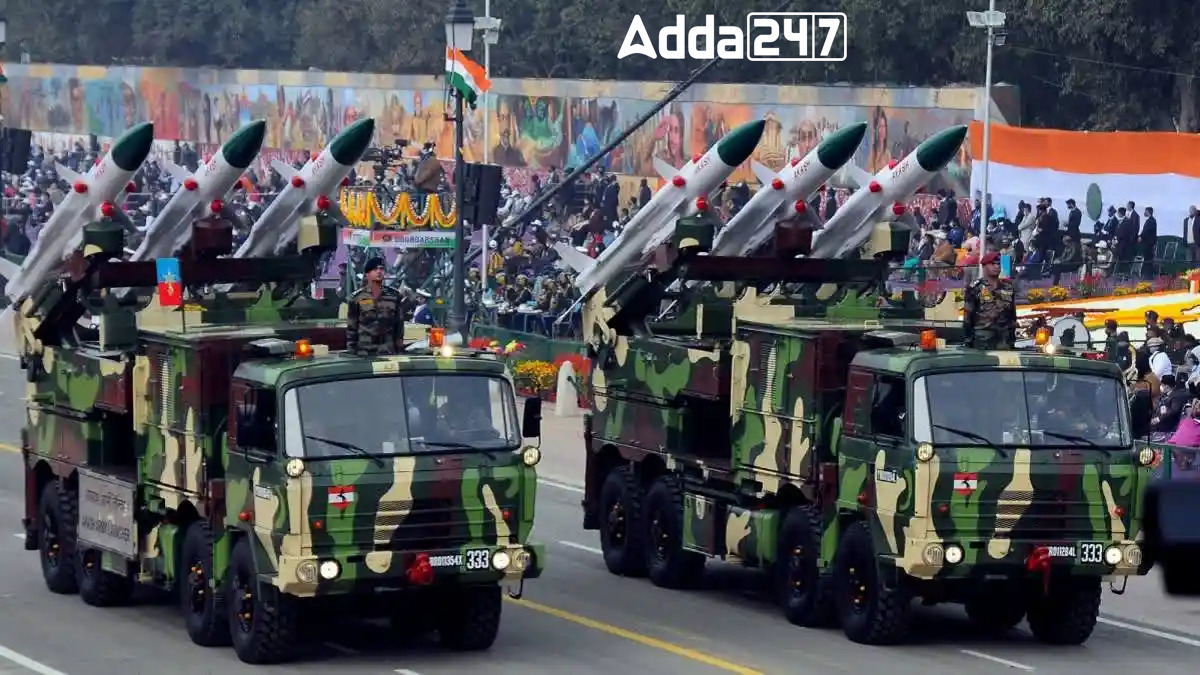The Indian Army has commenced the induction of the indigenous Akashteer system, marking a significant advancement in its air defence capabilities. This automated air defence control and reporting system, developed by Bharat Electronics Limited (BEL), aims to integrate the army’s air defence units for enhanced operational efficiency.
Key Features of Akashteer System
-
Integrated Operations
Akashteer enables seamless integration of radar and communication systems, fostering a unified network for comprehensive situational awareness and control.
-
Enhanced Mobility and Resilience
With vehicle-based control centers, the system ensures operational capabilities even in challenging communication environments, emphasizing mobility and resilience.
-
Automation of Air Defence Operations
By digitizing the entire process, Akashteer facilitates complete automation of air defence operations, thereby significantly enhancing India’s air defence posture.
Significance in Military Transformation
The induction of Akashteer aligns with the Indian Army’s “Year of Tech Absorption,” reflecting a crucial milestone in its path towards transformation. This system not only meets current requirements but also addresses futuristic needs for complex air defence operations.
Supporting Atmanirbharta Drive
As part of the ongoing atmanirbharta (self-reliance) drive, the army plans to establish specialized Army Design Bureau (ADB) cells at various command headquarters. This organizational restructuring aims to facilitate the absorption of niche technology for capability development.
Ensuring Operational Efficiency
Akashteer’s deployment will enable the army to monitor low-level airspace over battle areas effectively. By controlling ground-based air defence weapon systems, it enhances operational efficiency, swift engagement of hostile targets, and reduces the risk of fratricide while ensuring the safety of friendly aircraft in contested airspace.




 India-US Vajra Prahar 2026: Special Forc...
India-US Vajra Prahar 2026: Special Forc...
 Defense Minister Rajnath Singh Inaugurat...
Defense Minister Rajnath Singh Inaugurat...
 MILAN Village Opens in Visakhapatnam For...
MILAN Village Opens in Visakhapatnam For...








